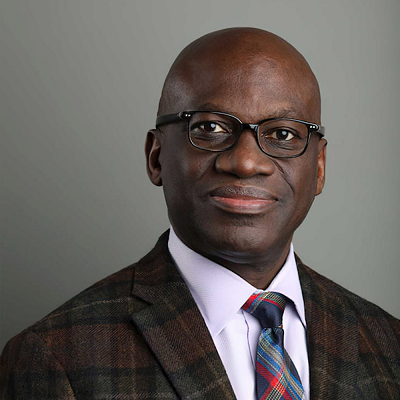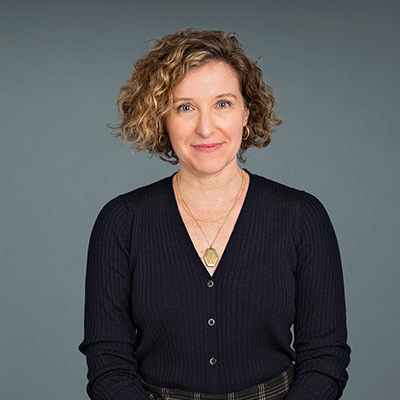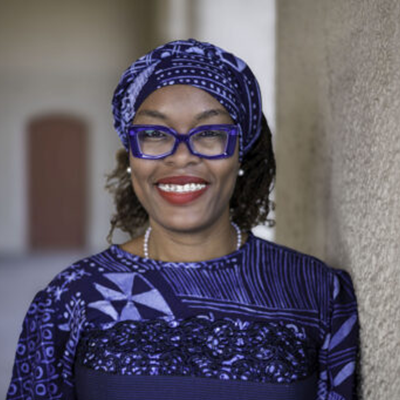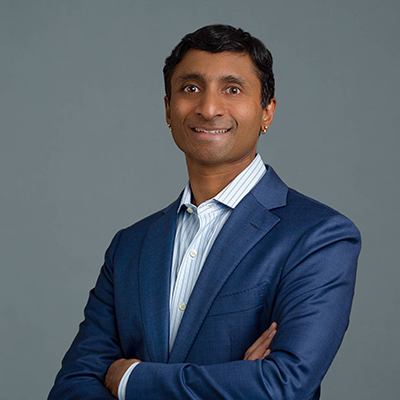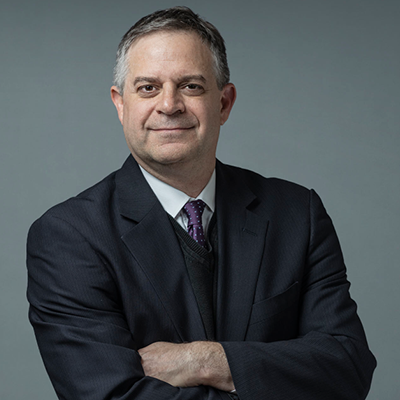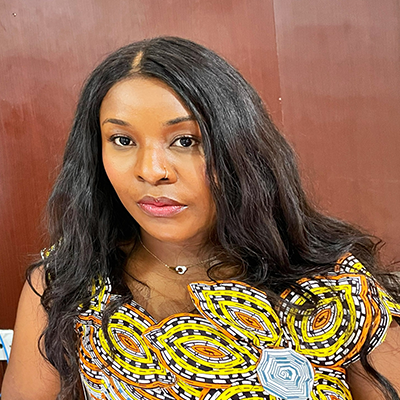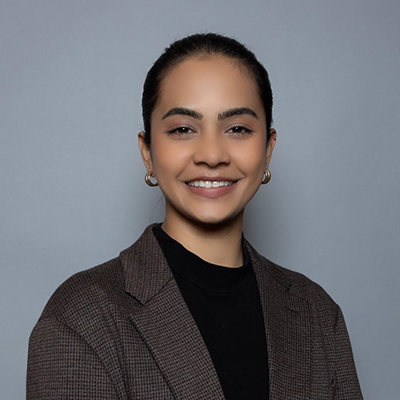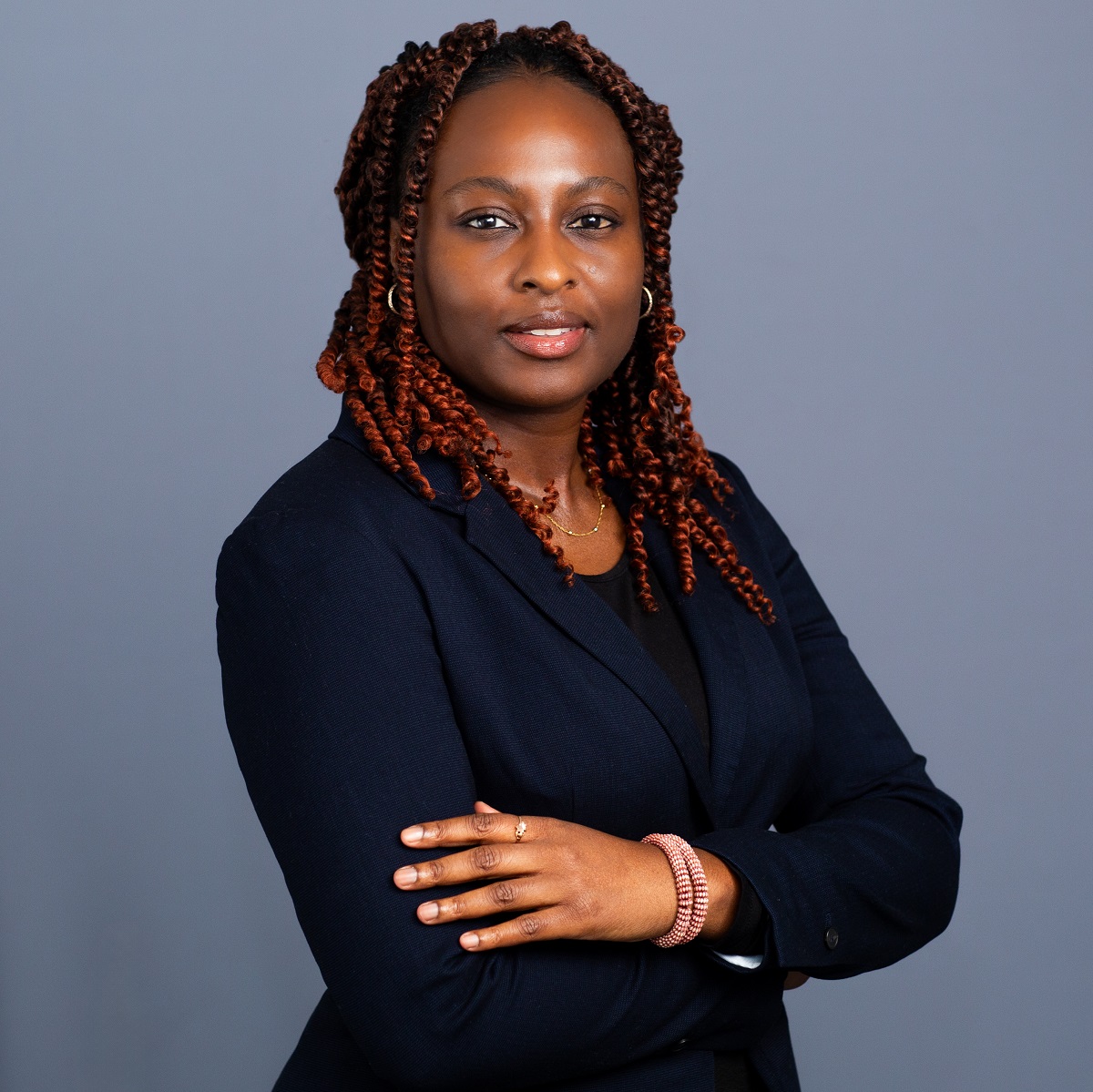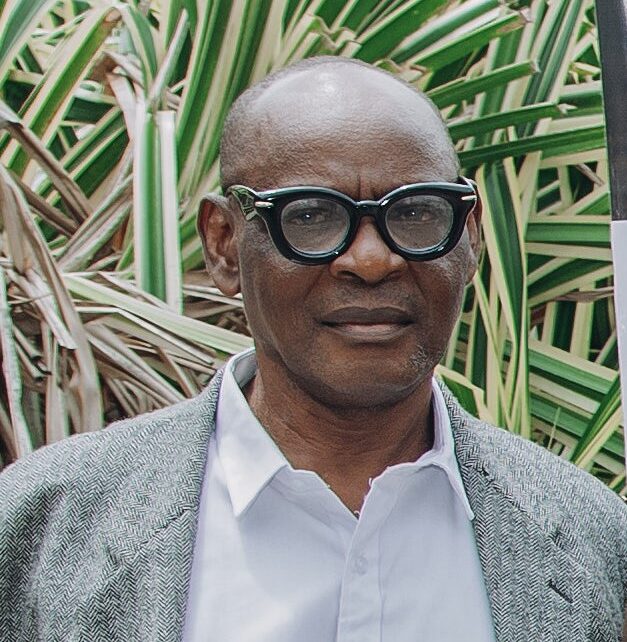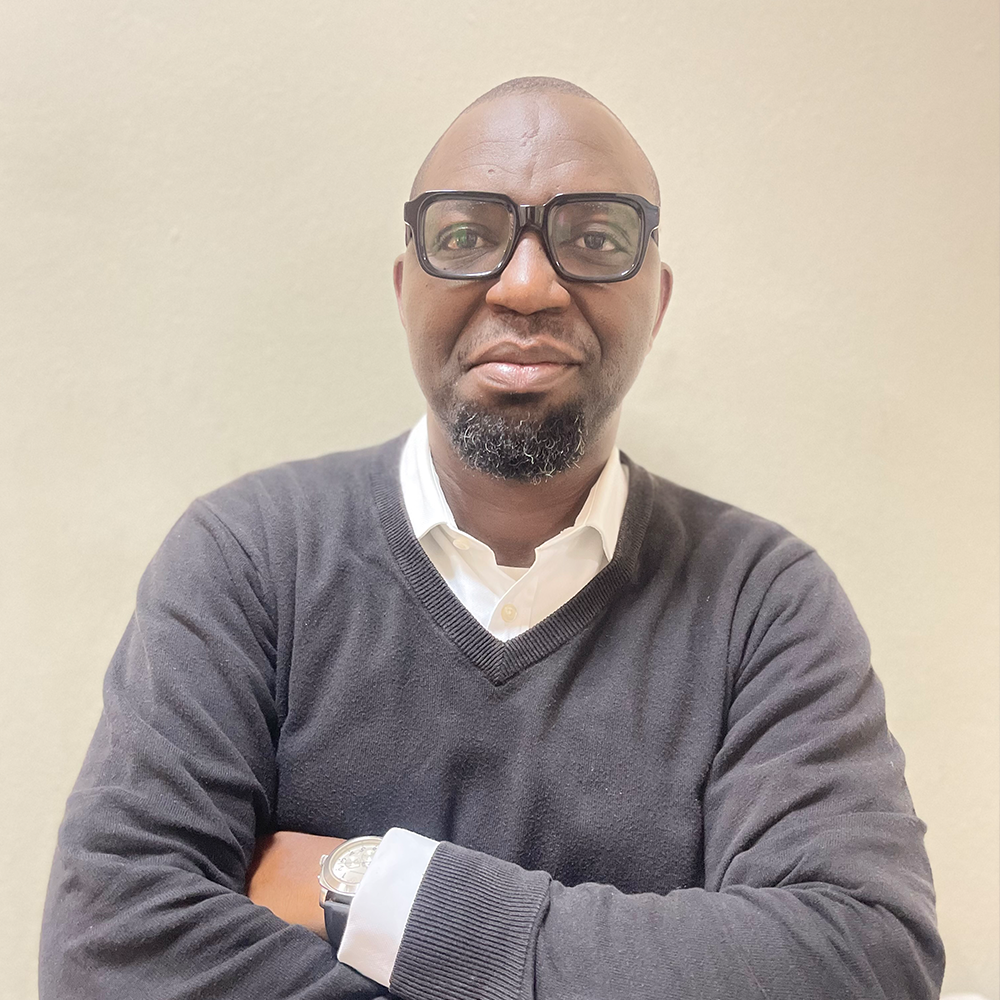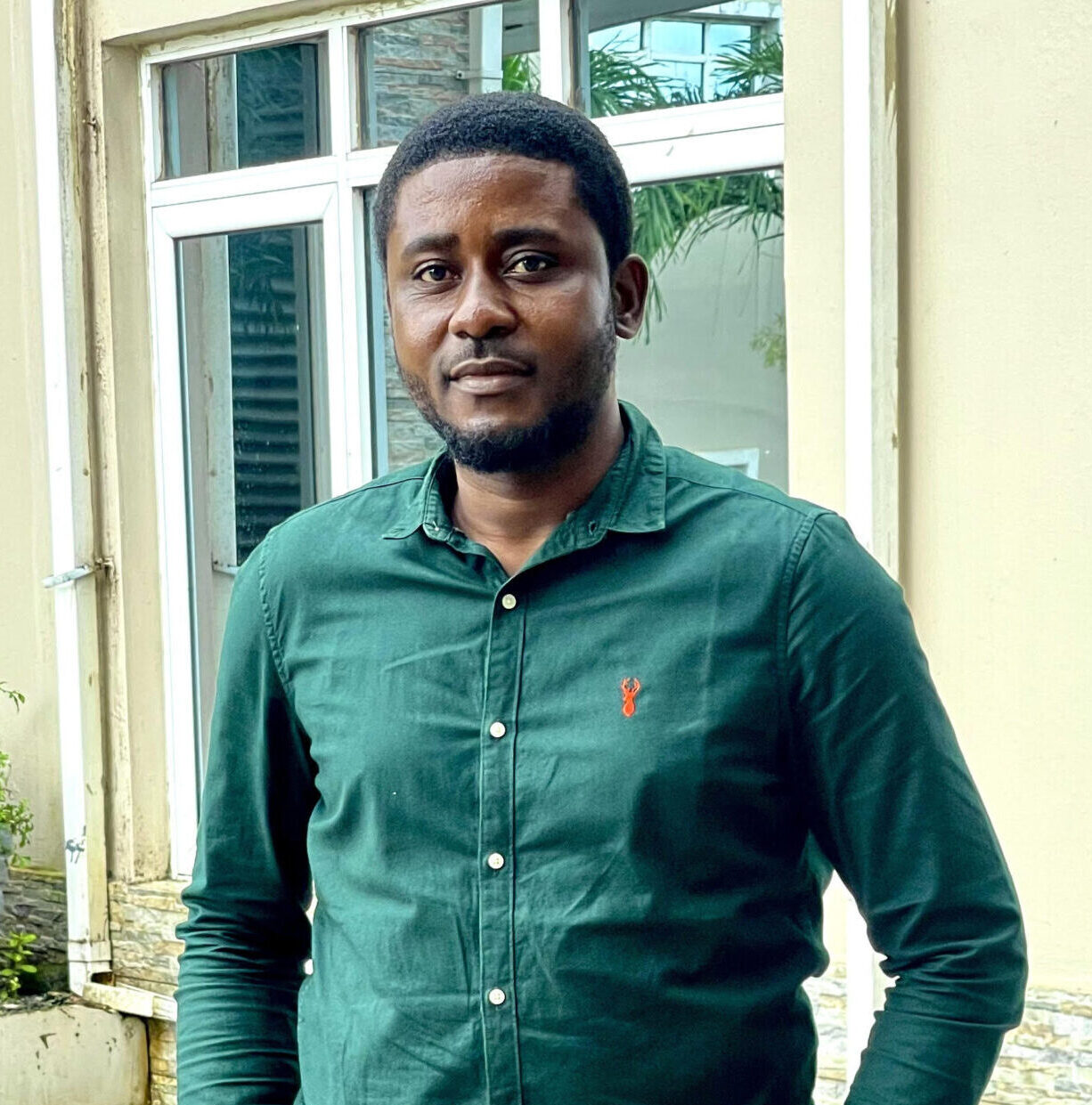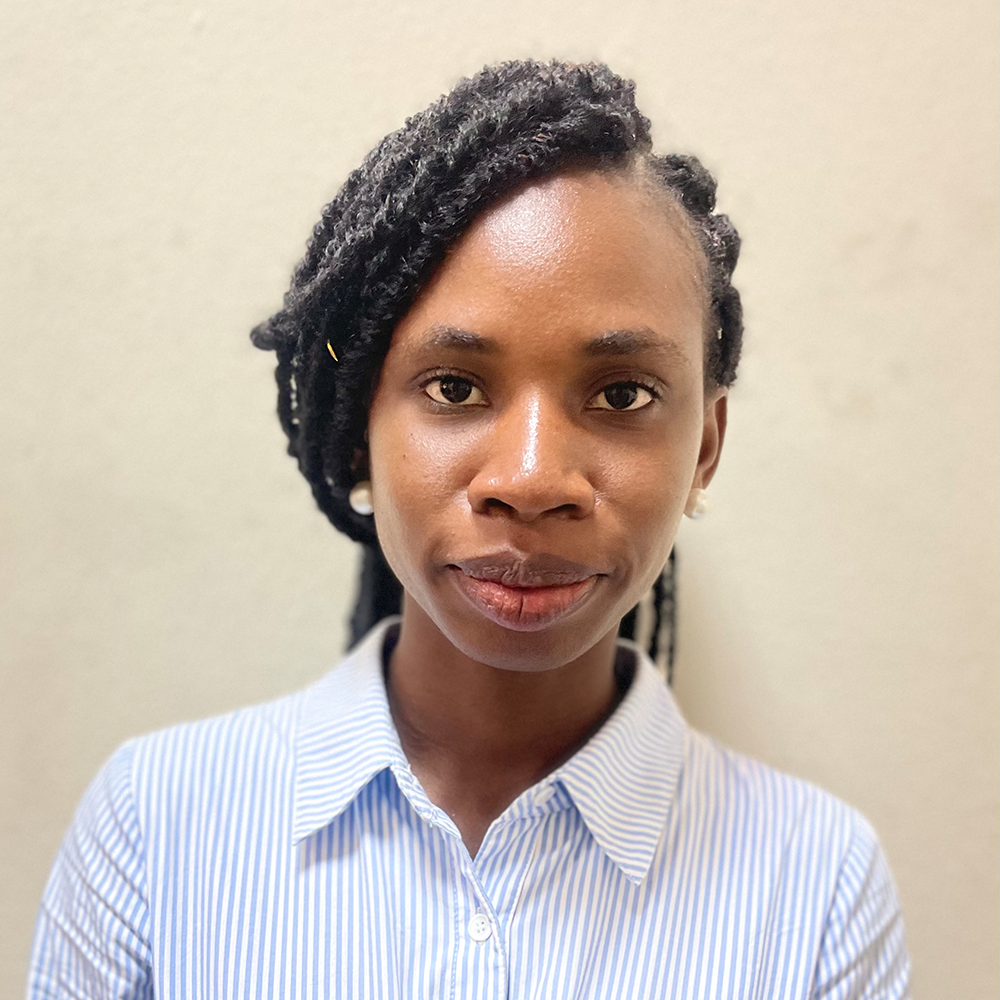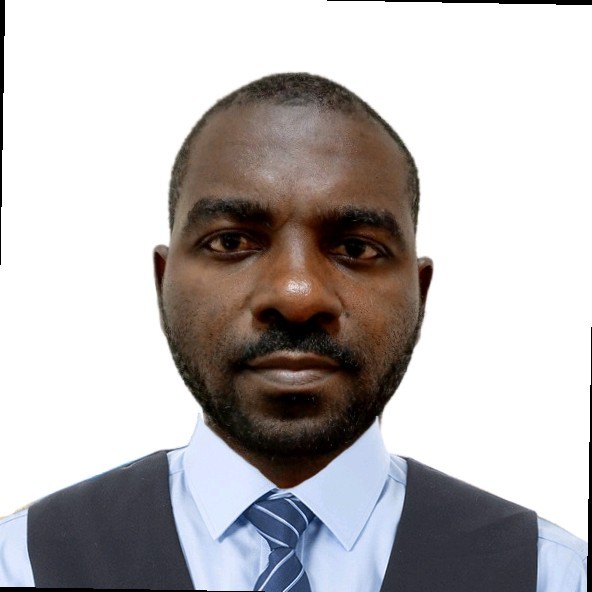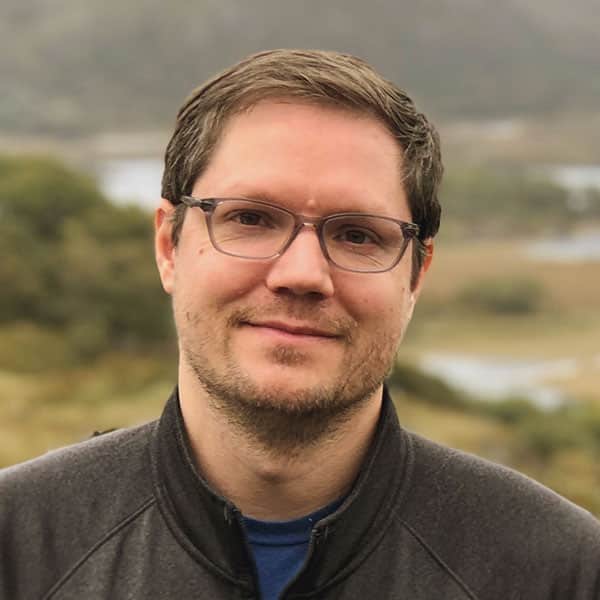CLEAN FUEL-COOK STOVE (CF-CS) PROJECT
Advancing Clean Cooking Technology through Evidence-Based Implementation Strategies
Our Team
We are a research collaborative from NYU Grossman School of Medicine (NYUGSoM), the University of Chicago, and the Lagos State University College of Medicine (LASUCOM).
The primary focus of our collaboration is to reduce household air pollution (HAP) and promote cardiovascular health. We are implementing a clean fuel and clean stove (CF-CS) project with funding from the National Institutes of Health (NIH) [HL1570091]. Our project aims to drive long-term behavioral changes to improve clean cookstove use in households exposed to high indoor air pollution from the use of unclean cooking fuel and devices in Lagos, Nigeria. Our team includes experienced researchers, public health specialists, and implementation scientists collaborating to develop evidence to influence policies and practices on clean cooking adoption and health improvement in Lagos and Nigeria.
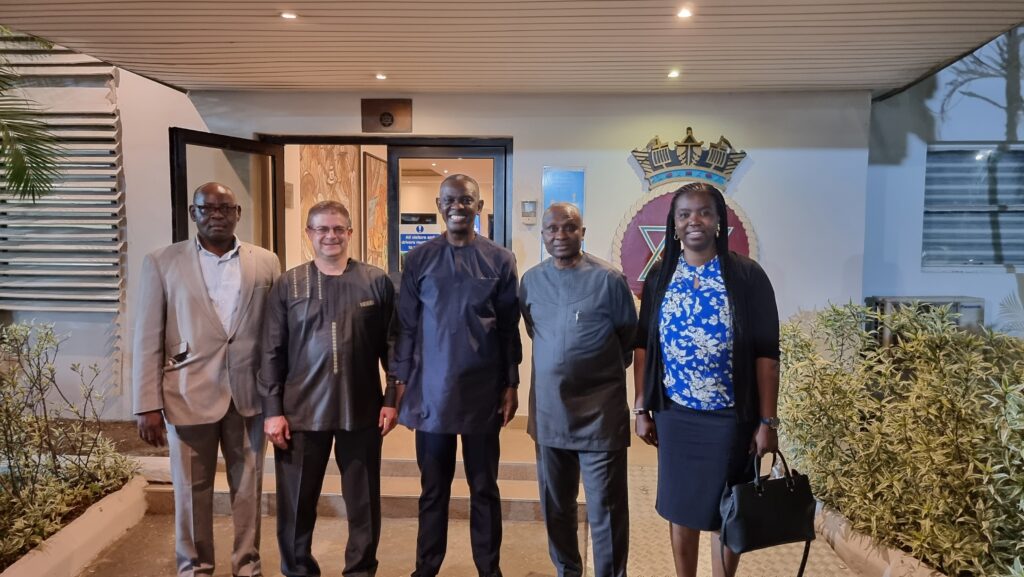
Focus
Our research focuses on the urgent need to reduce household air pollution, a leading cause of illness and death worldwide. In Nigeria, more than 90 million households use solid fuels for cooking, leading to significant health risks such as respiratory diseases and hypertension. Our study aims to tackle these challenges by promoting the adoption of high-efficiency, low-emission, clean stoves and fuels. We will use a robust, three-phase, evidence-based approach based on the EPIS (Exploration, Preparation, Implementation, and Sustainment) framework to explore, implement, and sustain clean cooking practices in peri-urban communities.
Significance of the Research
Household air pollution (HAP) is a major public health concern in Nigeria and other low- and middle-income countries. The burden of disease from HAP can be prevented, but the widespread adoption of clean cooking solutions is limited due to cultural, financial, and informational barriers. Our research aims to address this by testing the uptake of an evidence-based strategy called community mobilization. Through community mobilization, we seek to create a supportive environment for behavioral change that promotes health, reduces environmental impact, and empowers communities. This research adds to global knowledge on the use of evidence-based implementation strategies in resource-limited settings and offers a model for integrating clean energy solutions with public health interventions.
MEET THE PROJECT TEAM
Our team comprises leading experts in public health, implementation science, and environmental health. The research is led by Principal Investigators who bring decades of experience in conducting impactful research and translating findings into practice.”
Stakeholders
Co-Investigators

Ololade Wright
PROJECT STAFF
NYU Research Team
LASUCOM Research Team
Berkeley Air Team
© 2025 CF-CS STUDY All Rights Reserved

